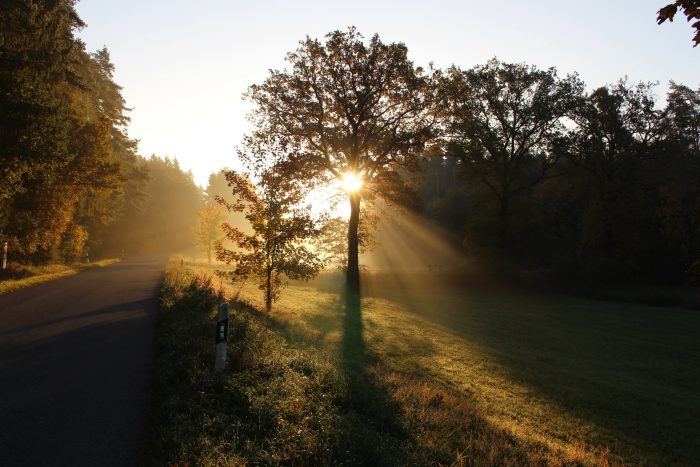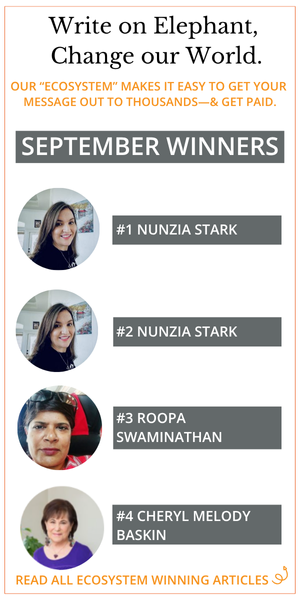

We all rather want to think and talk about the easy and beautiful side of life. And yet, we all know there is another side. When things are really really rough for a while. And you don’t know how you will make it through.
I was confronted with that again this Summer, when we heard one of the boys in my daughter’s school, lost his mum to suicide.
Absolutely heart-breaking and gut-wrenching.
The depth of despair she must have felt. The fact that this, to her, was the only way out.
And the devastation her family, two young children and her husband, was left with.
I don’t know the ins-and-outs of their story, and I don’t need to. My heart goes out to them all. The mum and her loved ones.
But one thing really stuck with me. People that were close to her kept saying that nobody knew this was happening for her.
Nobody knew.
You see, something I learned when I connected on behalf of our coaching students with Arthur Calnan, psychiatrist and long-time Buddhist practitioner, is that fleeting suicidal thoughts are very common.
A lot of people sometimes think “I wish I wasn’t here”. Even I have experienced that from time to time in my life. But it is not something that we tend to talk about much.
We are scared to have that conversation. Afraid to be melodramatic maybe, if it’s us, or to freak people out, or freak ourselves out. Or when it’s a friend, we might be afraid we will make it worse, or start something we don’t know how to finish. God forbid that we end up in something that we do not want to be in, because it makes us feel deeply uncomfortable and may embarrass them too.
But it means that people suffer alone. Where they don’t need to.
It means that they don’t ever learn that these fleeting thoughts are common, that a lot of people have them. That they don’t mean there is anything wrong with them. That having these fleeting thoughts does not mean that they will take our own life.
And it means that when it becomes more than fleeting thoughts, we also still don’t talk about it.
We are loosing too many people to suicide, young and old, both with a history of depression (where you might in some way ‘expect’ it more), or highly functioning (where it just seems like one big surprise).
And we have to do something about the suffering that goes with it.
Because, in a way, it is easy to do our bit.
I learned that up close this week.
When I was walking our dog, I got into a conversation with a friend also walking his dog. Just a sunny Saturday morning, on the pavement, we were having a chat, like dog people do. And all of a sudden, we found ourselves talking about the mum who took her life. And about how shocked we both were.
After a while I remembered I had promised myself to be more vigilant. And I asked him: “If you ever ever even remotely find yourself in that place, please tell me.”
He froze, and looked at me for 30 seconds, and then said “Well, I am.”
Time stood still and I could feel myself becoming fully present in that moment. Part of me was shocked, but mostly, I just wanted to stay in connection.
My deep experience in teaching how to Hold Space and doing it for my coaching clients has taught me that fully being present, listening and receiving someones experience, is the biggest gift we can offer anyone. And when it comes to such a big admission, there was no need for my words or my feelings. This was not about me.
I kept looking at him, my heart blown wide open with compassion and empathy, and holding this space for him, so that he could process what was happening now that he shared this unbearable truth.
He offered a few more sentences. And silence.
And after a while he said “I don’t know what else to say about it.” And I answered “You don’t have to.” And remained silent and present, eyes meeting.
And he shared some more.
After a while I asked if he had said this out loud before. (Only with therapists, who went into freaking out mode). But now that I asked, he was not going to lie.
He told me about what kept him safe. And I was glad to hear about his protective factors.
(You see, sometimes things like people’s children, a promise to their mother, really important animals, or their belief system, will keep them from taking that step. This is important to know about, to have a sense of the risk that they will actually do it.)
Eventually, I asked him if he would come around for a cup of tea this week. He joked “if I am still around” with just a hint of twinkle in his eye. And we both laughed, the energy was slowly changing between us, coming into a heart connection that included this momentous truth of now.
Now I was not going to belittle him by giving advice or trying to rescue him. Not there, not then. Not in that way.
And I know he is in therapy and on medication. And since our initial conversation, I have checked in to know if he is bringing this in more of his relationships with close friends. And I asked how our initial conversation landed for him.
And I promised not to stalk him. But I am present. Knowing that ultimately, it is his choice.
So this is what you can do:
Ask the hard question.
Listen.
Listen.
Listen.
Hold Space. Show them you are not going anywhere, and you are not freaking out. Show them you can listen.
And when there is a risk of suicide Arthur Calnan encourages us to:
Check if they have professional help, and if the helpers are aware of the risk.
Ask them about their support system, will they talk to them about this? Or do this yourself if you think the risk is high.
If they have a firm, and detailed suicide plan, that is more than occasional fleeting thoughts, make sure they see a professional.
And ask what is holding them back (children, pets, religious beliefs, ..), these things can act as safeguards.
Stay in connection after that conversation, don’t drop them. Spend time together without having to talk about this if they don’t want to, without having to fix it. Go for a walk, laugh about what is there to laugh about. Let them know you see them and you don’t judge them.
Guard your boundaries after that conversation and ask for help to make sure you don’t take more responsibility than is yours, and don’t have to carry the weight of this all by yourself.
My heart bleeds for how hard life can be for people. For the suffering that is happening. And I also know that healing can happen. While not always in the way that we expect it to happen, or on the timescale we would prefer.
Holding Space is a tremendously valuable skill to learn, that will benefit all your relationships, in good and bad times.
And from there, you can learn to guide a change process from where someone is. When you truly meet them where they are, you show that they don’t need to change for you. And that you don’t think any less of them for knowing this. Quite the contrary. You will see them in their courage to go on.
Later, my friend messaged me how grateful he was I reacted the way I did, and how the conversation we had is bringing things in motion – in a helpful way.
No matter what happens, and I very much root for all the good things, I will be forever grateful that was the moment I decided to walk our dog.
When bad things happen, like the mother leaving this world, we need to make them count.
Suicide is very often a surprise for the people around the victim. So please do what you can to reach out, check in, and make this a topic that is normal to touch on in your conversations with your friends.
— Published on September 5, 2018
~
About the author:
Annemiek van Helsdingen is the founder of the Academy for Soul-based Coaching (www.
Comments
Read Elephant’s Best Articles of the Week here.
Readers voted with your hearts, comments, views, and shares:
Click here to see which Writers & Issues Won.




